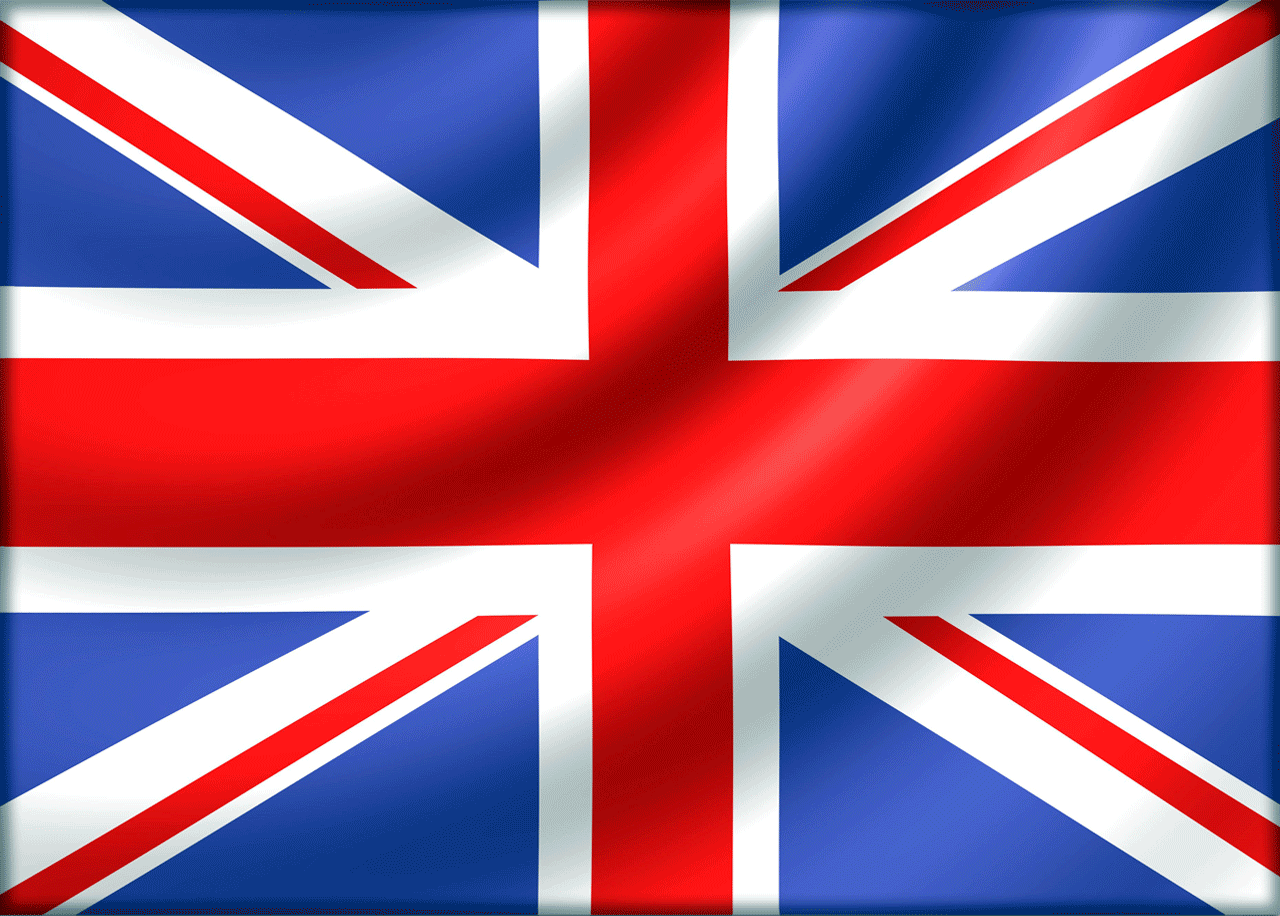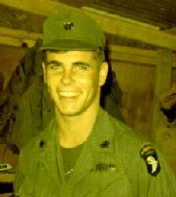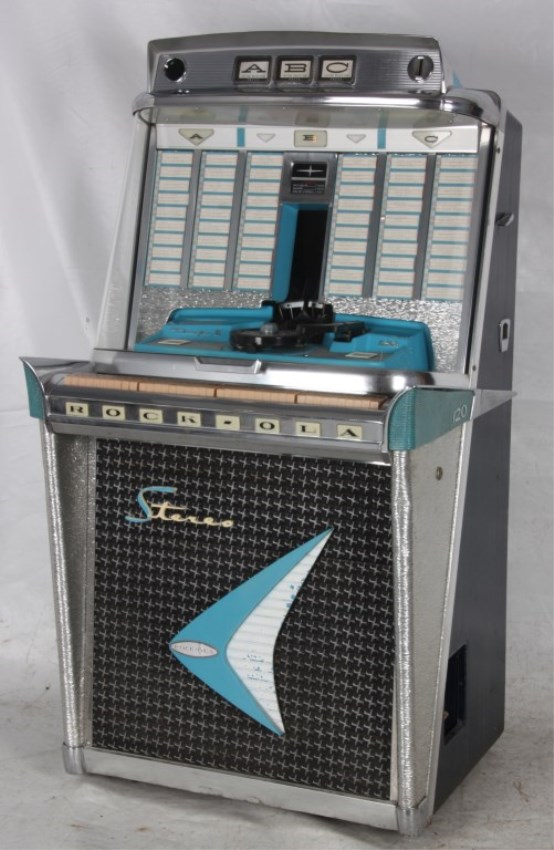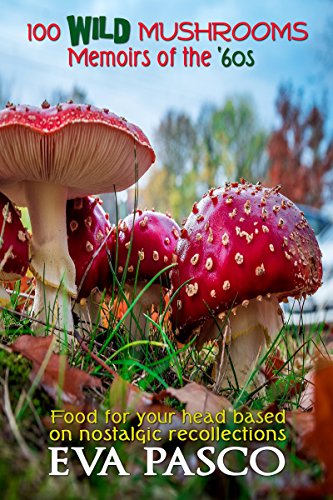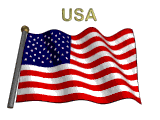
The 60s Official Site
"Where Music is Our Middle Name"
Quick Links
Your Daily Oldies Fix Top Ten Countdown Solid Gold Memories Jukebox Music
Vibration of a Nation Remember When Television of the 50s and 60s 60s Slang
Things You Just Don't Hear Anymore 60s TV Commercials Chickenman Episodes Woodstock This Weeks Number One Hits
The Early Years of Rock and Roll Vietnam War Myths
All the content menu is listed on the left menu border bar
1960s British Invasion
Check out the British Hits that made #1 A musical movement of the mid-1960s, the British Invasion was composed of British rock-and-roll and beat groups whose popularity spread rapidly to the rest of the English-speaking world, especially the United States which, from the beginnings of rock-and-roll music in the early 1950s, had nearly a monopoly on the genre. Though generally not credited with starting the "Invasion", Dusty Springfield was one of the first British artist to have significant success in the U.S., with her hit single "I Only Want to Be with You", released in November 1963. She appeared on the Ed Sullivan Show in early 1964 singing the popular hit, and continued to have several U.S. hits through the rest of the decade. For a list of songs by British artists which reached #1 on the Billboard Hot 100, click here. However, The Beatles' triumphant arrival in New York on February 7, 1964, is widely credited with truly throwing open America's doors to a wealth of British musical talent, and officially beginning what would come to be called—with historical condescension by the willingly reconquered colony—the second British Invasion. Like their transatlantic counterparts in the 1950s, British youth heard their future in the frantic beats and suggestive lyrics of American rock and roll, but initial attempts to replicate it failed. Lacking the indigenous basic ingredients of rock and roll, rhythm and blues and country music, enthusiasts could bring only crippling British decorum and diffidence. The only sign of life was in the skiffle craze of the 1950s, spearheaded by Scottish-born Lonnie Donegan. Skiffle groups (like The Quarrymen, first forerunner of the Beatles) were mainly drummerless, acousticguitar and banjo ensembles, similar to jugbands, who most often sang traditional American folk songs, frequently with more spirit than instrumental polish, although early British skiffle was played by highly skilled Tradd jazz musicians. By 1962, encouraged by the anyone-can-play populism of skiffle and self-schooled in the music of Chuck Berry, Elvis Presley, Little Richard, Eddie Cochran, Buddy Holly, James Brown, and Muddy Waters, some British teens developed a real feel for the rock-and-roll and American blues idioms. Blending that with such local traditions as music hall, pop, and Celtic folk, they formulated original music they could claim, play, and sing with conviction. Young groups with electric guitars began performing and writing up-tempo melodic pop, fiery rock and roll, and Chicago-style electric blues. The rebellious tone and image of American rock and roll and blues musicians also deeply resonated with British youth in the late 1950s, influencing all the British Invasion artists. Liverpool became the first hotbed of the so-called "beat boom." As Britain's major Atlantic seaport, Liverpool merchant seamen often sailed to the U.S. and returned with the latest American rock-and-roll hits, often before they were made widely available in Britain. With The Beatles, other exuberant male quartets such as The Searchers, The Fourmost, and Gerry and the Pacemakers, plus the quintet Billy J. Kramer and the Dakotas launched Mersybeat, so named for the estuary of the River Mersey that runs alongside Liverpool. The Beatles first reached the British record charts in late 1962 (shortly after The Tornados' "Telstar", an instrumental smash that sent word of what was in store by becoming the first British record by a group to top the American singles chart); the rest joined the hit parade in 1963. Not all acts prominent in Britain by the early 1960s necessarily managed to develop a profile in the U.S. Cliff Richard, who remains popular in Britain and active today, has only rarely had chart successes in America. Rock swept Britain. By 1964, Greater London could claim the Rolling Stones, the Yardbirds, the Who, the Kinks, the Pretty Things, Dusty Springfield, the Dave Clark Five, Peter and Gordon, Chad and Jeremy, John Mayall and the Bluesbreakers, and Manfred Mann. Manchester had the Hollies, Wayne Fontana and the Mindbenders, Freddie and the Dreamers, Davy Jones of The Monkees, and Herman's Hermits; Newcastle was home to the Animals; and Birmingham had the Spencer Davis Group(featuring Steve Winwood) and the Moody Blues. Bands sprang up from Belfast (Them, with frontman Van Morrison) to St Albans (the Zombies), with more inventive artists arriving to keep the syles moving forward, including the Small Faces, the Move, the Creation, the Troggs, Donovan, and John's Children. While the beat boom provided Britons relief from the postimperial humiliation of hand-me-down rock, the Beatles and their ilk brought the United States more than credible simulations. They arrived as foreign ambassadors, with distinctive accents (in conversation only; American and British singers sounded generally similar), slang, fashions, and personalities. The Beatles' first film, A Hard Day's Night (1964), further painted England as the center of the (rock) universe. American media took the bait and made Carnaby Street, London's trendy fashion center in the mid-1960s, a household name. From 1964 to 1966 the United Kingdom sent a stream of hits across the Atlantic. Behind the conquering Beatles, Peter and Gordon ("A World Without Love"), the Animals ("House of the Rising Sun"), Manfred Mann ("Do Wah Diddy Diddy"), Petula Clark ("Downtown"), Freddie and the Dreamers ("I'm Telling You Now"), Wayne Fontana and the Mindbenders ("Game of Love"), Herman's Hermits ("Mrs. Brown You've Got a Lovely Daughter"), the Rolling Stones ("I Can't Get No Satisfaction" and others), the Troggs ("Wild Thing"), and Donovan's ("Sunshine Superman") all topped Billboard's singles chart. |
|
